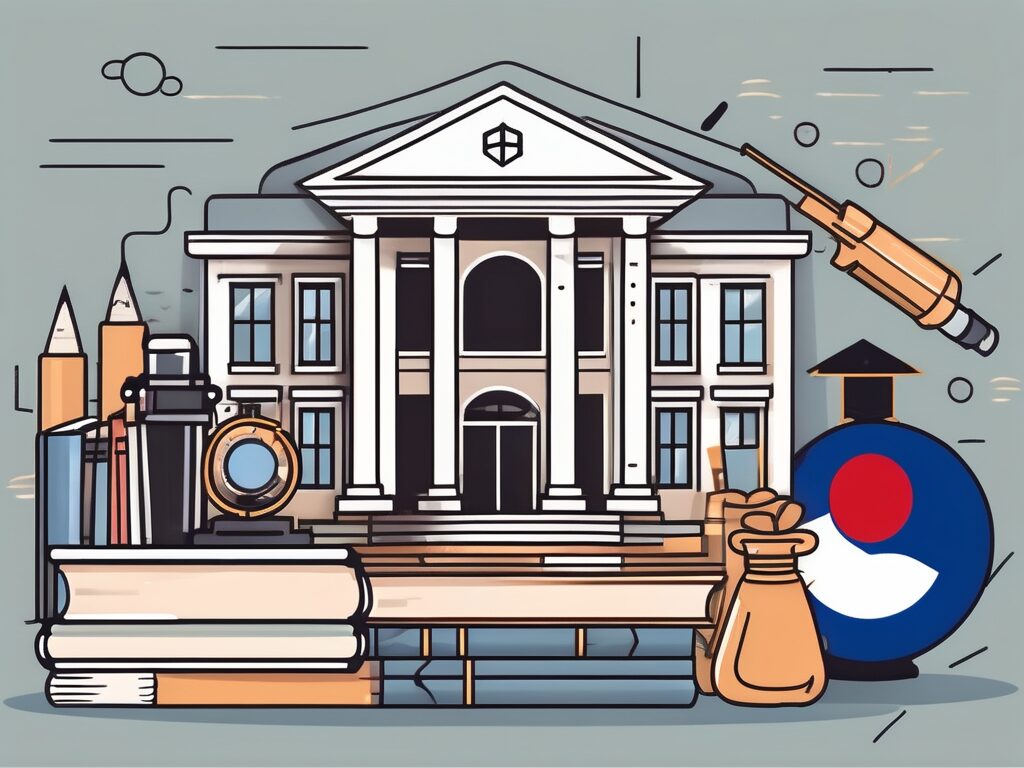In the realm of education, parental involvement is a pivotal factor that can significantly impact a child’s academic performance and overall development. This is particularly evident in South Korea, where parents play a crucial role in their children’s education. From the early years through to university entrance exams, South Korean parents are heavily invested in their children’s educational journey, often going to great lengths to ensure their success.
The Role of Parents in South Korea’s Education System
South Korean parents are known for their high expectations and active involvement in their children’s education. This is largely due to the country’s competitive education system, where academic success is seen as a stepping stone to a prosperous future.
Parental involvement in South Korea’s education system is multifaceted and extends beyond just helping with homework. It includes a range of activities, from attending parent-teacher meetings and school events to investing in private tutoring and extracurricular activities.
High Expectations and Academic Pressure
South Korean parents often set high academic standards for their children, believing that education is the key to upward social mobility. This can lead to a high-pressure environment, with children feeling the need to excel in their studies to meet their parents’ expectations.
However, it’s important to note that this pressure isn’t always negative. In many cases, it can motivate students to work harder and achieve their full potential. The key is finding a balance between encouraging academic excellence and ensuring the child’s well-being.
Investment in Private Education
Private education, also known as ‘hagwon’, is a significant part of South Korea’s education landscape. Many parents invest heavily in these private tutoring centres to give their children an academic edge. Hagwons offer classes in various subjects, including English, maths, and science, often running late into the night.
While this might seem excessive compared to other countries, it’s a common practice in South Korea. It’s seen as a necessary investment to ensure children are well-prepared for the highly competitive university entrance exams.
The Impact of Parental Involvement on Children’s Education
Parental involvement in education has been shown to have a positive impact on children’s academic performance. In South Korea, this involvement is often intense, but it can yield significant benefits.
Studies have shown that children whose parents are actively involved in their education tend to perform better academically. They also have better social skills, are more motivated to learn, and have higher aspirations for their future.
Academic Performance
One of the most tangible benefits of parental involvement is improved academic performance. South Korean students consistently rank among the top performers in international assessments, a testament to the effectiveness of their education system and the role parents play in it.
Parents’ high expectations and investment in private education can contribute to this success, providing students with the resources and motivation they need to excel.
Social and Emotional Development
Parental involvement isn’t just about academics. It also plays a crucial role in children’s social and emotional development. By being actively involved in their children’s education, parents can help nurture important skills like resilience, self-discipline, and a love for learning.
Moreover, parental involvement can foster a closer parent-child relationship, providing emotional support and guidance during the challenging school years.
Challenges and Criticisms
While parental involvement in South Korea’s education system has its benefits, it’s not without its challenges and criticisms. The high-pressure environment can lead to stress and burnout among students, and the heavy reliance on private education can exacerbate social inequalities.
Moreover, the intense focus on academic success can sometimes overshadow the importance of holistic development, including physical health, creativity, and social skills.
Student Well-being
One of the main criticisms of South Korea’s education system is the high levels of stress among students. The pressure to perform academically can take a toll on students’ mental and physical health, leading to issues like anxiety, depression, and sleep deprivation.
While parental involvement can motivate students to excel, it’s important for parents to also prioritise their children’s well-being and provide them with the support they need to cope with academic pressure.
Social Inequalities
The heavy reliance on private education in South Korea can exacerbate social inequalities. Not all families can afford the high costs of hagwons, which can put children from lower-income families at a disadvantage.
This has led to calls for reforms to make the education system more equitable, including measures to regulate private education and provide more support for disadvantaged students.
Conclusion
Parental involvement plays a crucial role in South Korea’s education system. While it can contribute to high academic performance, it’s important to also consider its potential drawbacks, including the impact on student well-being and social inequalities.
As South Korea continues to evolve its education system, it will be interesting to see how the role of parents evolves along with it. One thing is clear, though: parents will continue to be key players in their children’s educational journey, shaping their academic and personal development in profound ways.
Empower Your Teaching Career with IPGCE
As a parent or educator influenced by the high standards of parental involvement in South Korea’s education system, you understand the value of continuous professional development. IPGCE is here to enhance your qualifications and open doors to international teaching opportunities. With our program, you’ll not only increase your chances of securing interviews by 50% but also improve your prospects for career advancement and salary growth. Join a global community of educators, gain a deeper understanding of international curricula, and pursue your professional development without compromising your current commitments. Don’t let inadequate credentials or isolation limit your potential. Join the UK’s #1 Teacher Training Course today and take the next step in your teaching career.

